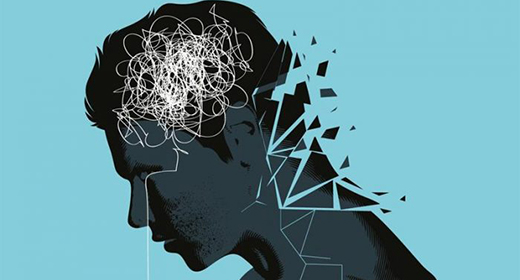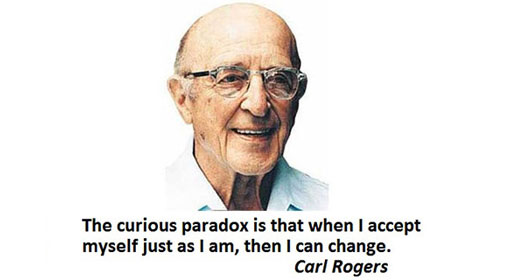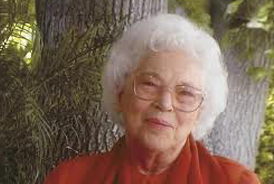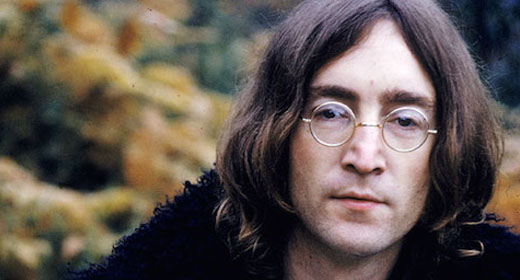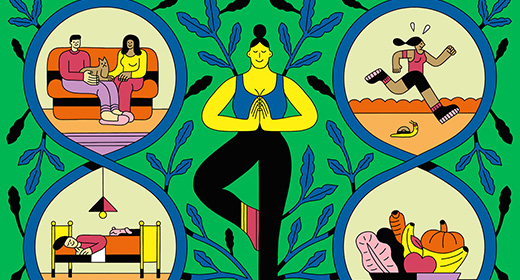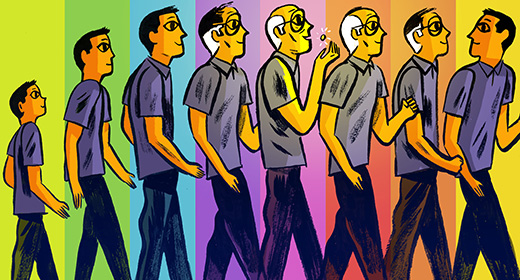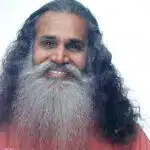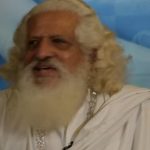Ram Dass: One of the reasons that old age is so disconcerting to many people is that they feel as if they’re stripped of their roles. 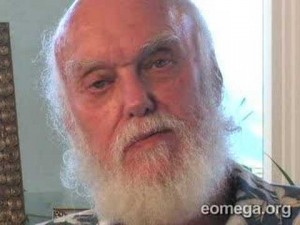 As we enter old age and face physical fraility, the departure of children, retirement, and the deaths of loved ones, we see the lights fading, the audience dwindles, and we are overwhelmed by a loss of purpose, and by the fear of not knowing how to behave or where we now fit in this play. The Ego, whose very sustenance has been the roles it played in the public eye, becomes irate, despairing, or numb, in the face of its own obsolescence. It may harken back to roles in its past to assert itself, but these strategies bring only more suffering as the Ego fights a losing battle.
As we enter old age and face physical fraility, the departure of children, retirement, and the deaths of loved ones, we see the lights fading, the audience dwindles, and we are overwhelmed by a loss of purpose, and by the fear of not knowing how to behave or where we now fit in this play. The Ego, whose very sustenance has been the roles it played in the public eye, becomes irate, despairing, or numb, in the face of its own obsolescence. It may harken back to roles in its past to assert itself, but these strategies bring only more suffering as the Ego fights a losing battle.
As we learn to distinguish between our Egos — marked by our mind and thoughts — and the witness Soul — who’s not subject to them — we begin to see the opportunity that aging offers. We begin to separate who we are from the roles that we play, and to recognize why the Ego clings as it does to behaviors and images that no longer suit us. Stripped of its roles, the Ego is revealed as fiction. But for the person without a spiritual context, this is pure tragedy, for seekers of truth who are aware of the Soul, it is only the beginning.
Rather than wonder what new “role” we can invent for ourselves in the world then, the question that concerns us might be better put this way: How can we, as aging people, make our wisdom felt in the world? By embodying wisdom. We can find a happy balance between participation and retreat, remembering that while it is our duty to be of service if possible, it is also important that we prepare for our own journeys into death, through contemplation, quiet time, and deepening knowledge of ourselves.


